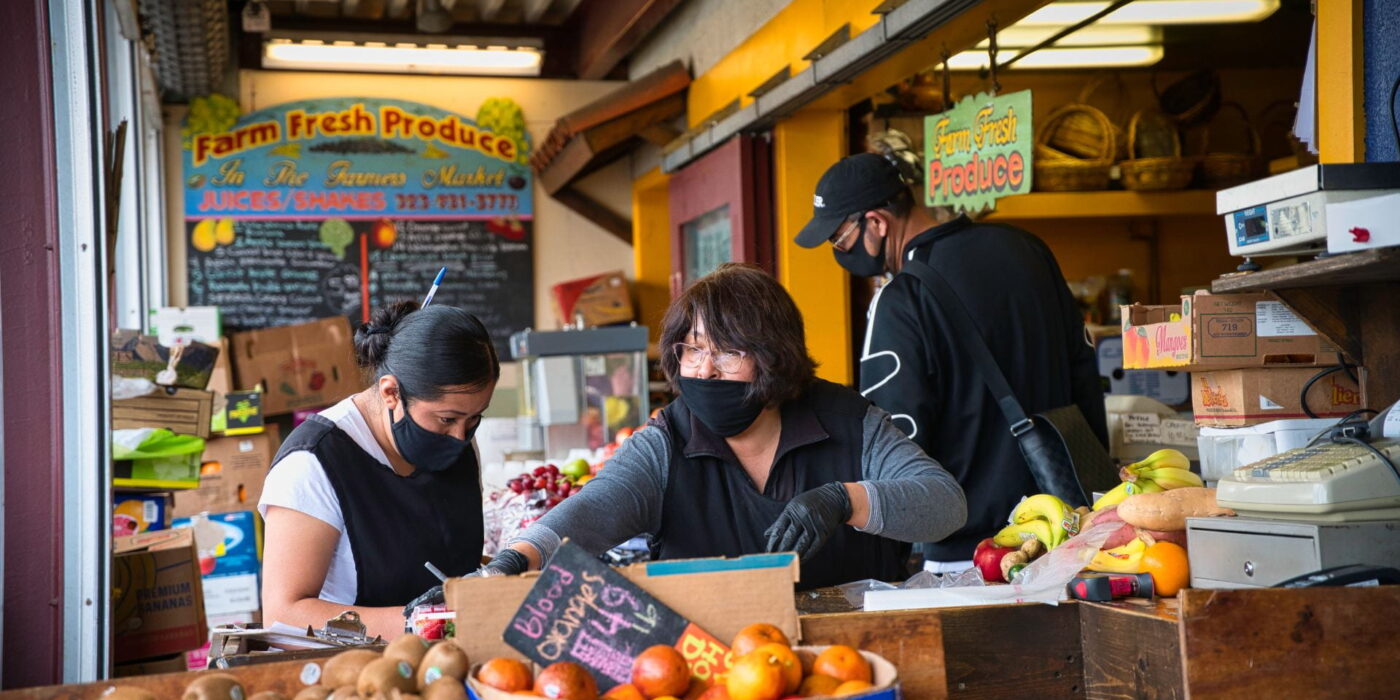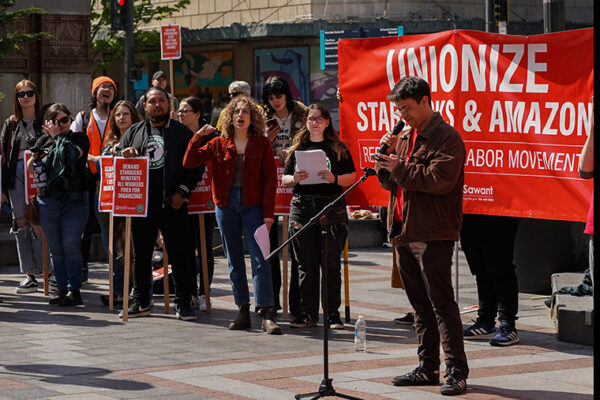The Social Policy Institute at Washington University in St. Louis has received a $1.6 million grant from JPMorgan Chase to help the institute’s Workforce Economic Inclusion and Mobility (WEIM) Project address low-wage frontline and essential workers’ employment vulnerability.

“This grant is a continuation of our longstanding partnership with JPMorgan Chase and work supporting vulnerable low-wage workers’ financial security and stability,” said Michal Grinstein-Weiss, the Shanti K. Khinduka Distinguished Professor at the Brown School and director of the Social Policy Institute.
“With this research, we are able to understand barriers that low-income individuals face in accessing innovative financial tools,” she said. “Low-wage workers are often unbanked, and while there are social government programs that can support them, they can be difficult to navigate and ineffective. We hope to find ways to bring them into the benefits of the new-age financial market.”
The WEIM Project recognizes that employment arrangements are increasingly vulnerable. Gig work and self-employment are on the rise in the U.S., but such jobs are associated with increased hardship risks and volatile earnings, Grinstein-Weiss said.
Employer benefits comprise around 30% of the total compensation for workers in traditional forms of employment, but access to these benefits is much lower among workers in vulnerable or low-wage employment arrangements. This combination of low wages and limited access to benefits often forces these workers to patch together a disparate array of public and private support to make ends meet.
“Within the grant, we will survey vulnerable workers to understand their financial well-being and investigate the impact of digital financial services and social benefits,” she said. “We are also looking to understand the impacts of direct cash transfers on the financial stability of low-income workers. Our ultimate goal is to inform public policy that enhances financial well-being among low-wage workers and contributes to a more inclusive and equitable economy.”
Read more on the Social Policy Institute website.



